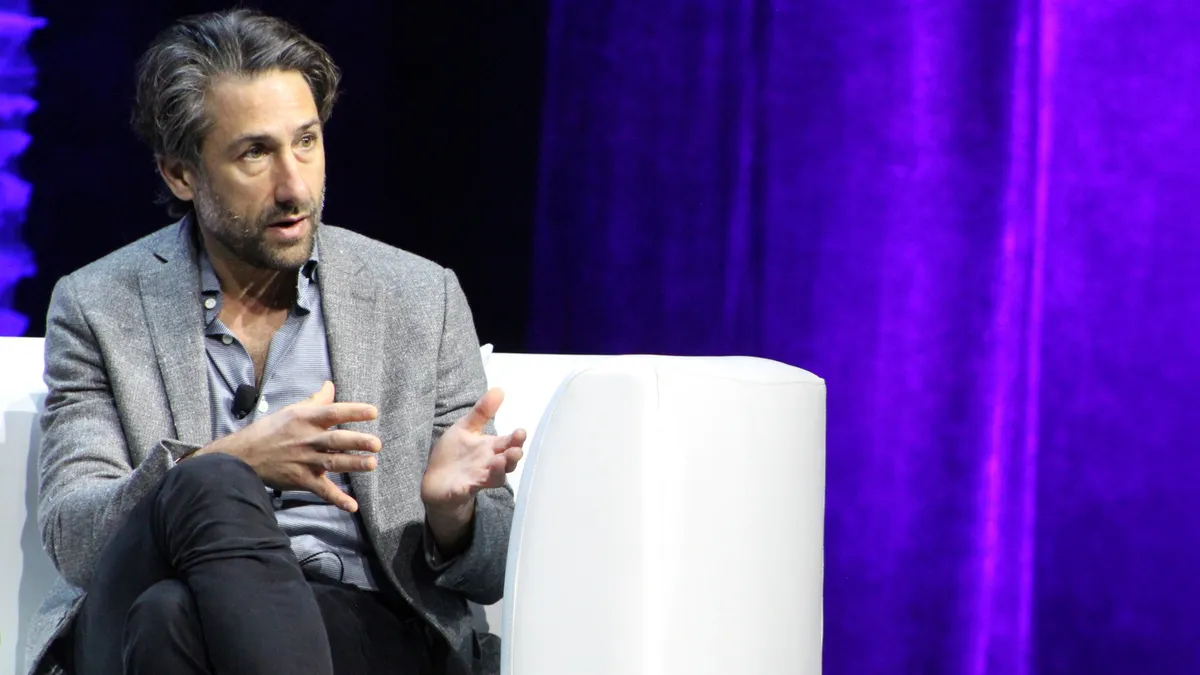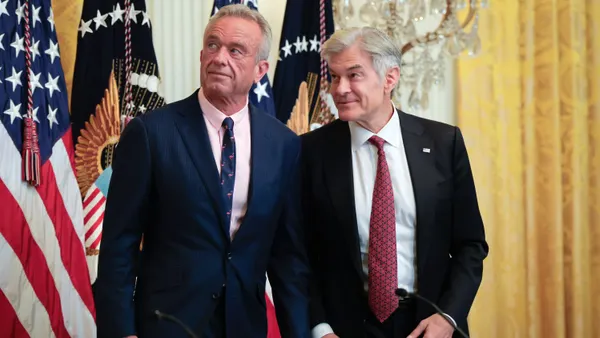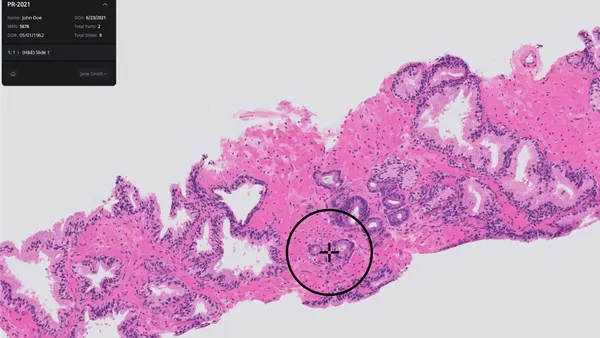Troy Tazbaz, director of the Food and Drug Administration’s Digital Health Center of Excellence, said Friday in a LinkedIn post that he is leaving the agency effective immediately.
Tazbaz led the digital health center for the last two years, guiding the FDA’s policymaking on artificial intelligence and software as a medical device.
The FDA did not respond to a request for comment. The agency has not yet updated the Center for Devices and Radiological Health’s directory to reflect Tazbaz’s departure.
During his tenure, the FDA created a new regulatory framework for updates to medical devices after they go to market. The FDA drafted guidance on pre-determined change control plans in 2023 and finalized guidance last year on changes to AI-enabled devices.
Tazbaz also drew out broader plans last year for what regulators will watch for as adaptive models and generative AI come into play. At Advamed’s The MedTech Conference in October, Tazbaz called for a total product lifecycle approach. A month later, the agency fielded advice from patients, physicians and researchers on regulating generative AI in its first digital health advisory committee meeting.
Those comments culminated in a draft guidance issued in the final days of the Biden administration, outlining what information the FDA wants to see in AI device submissions and when postmarket monitoring is needed. The draft also outlined strategies device companies can take to increase transparency and mitigate bias in their models.
In the LinkedIn post, Tazbaz wrote that he was “deeply grateful” to the leadership at the FDA, CDRH and other agencies he worked with during his tenure.
“Their willingness to take a chance on me, and their support in allowing me to approach the role with a bit of unconventionality, created an environment where we could push the boundaries with innovative thinking and action,” wrote Tazbaz, who worked at Oracle before joining the FDA.
Tazbaz called for innovation around process — not just products — and collaboration across industry and the public sector.
“Overcoming the challenges ahead will require a dynamic exchange of ideas between the public and private sectors,” Tazbaz wrote.
President Donald Trump’s election has raised uncertainty about the future of AI regulations. After his inauguration, Trump rescinded a Biden administration executive order that called for the Department of Health and Human Services to create an AI task force. The HHS earlier this month issued a strategic plan on safe and equitable use of AI in products like drugs and devices, as well as in healthcare settings.
During his first week in office, Trump signed a new executive order calling for a rollback of all “policies, directives, regulations, orders, and other actions taken under the Biden AI order that are inconsistent with enhancing America’s leadership in AI.”
The executive order also says “AI systems must be free from ideological bias or engineered social agendas.” It calls for the development of an AI action plan led by the assistant to the president for science and technology, the national security advisor, and the “White House AI & crypto czar,” a newly created role occupied by former PayPal executive David Sacks.













